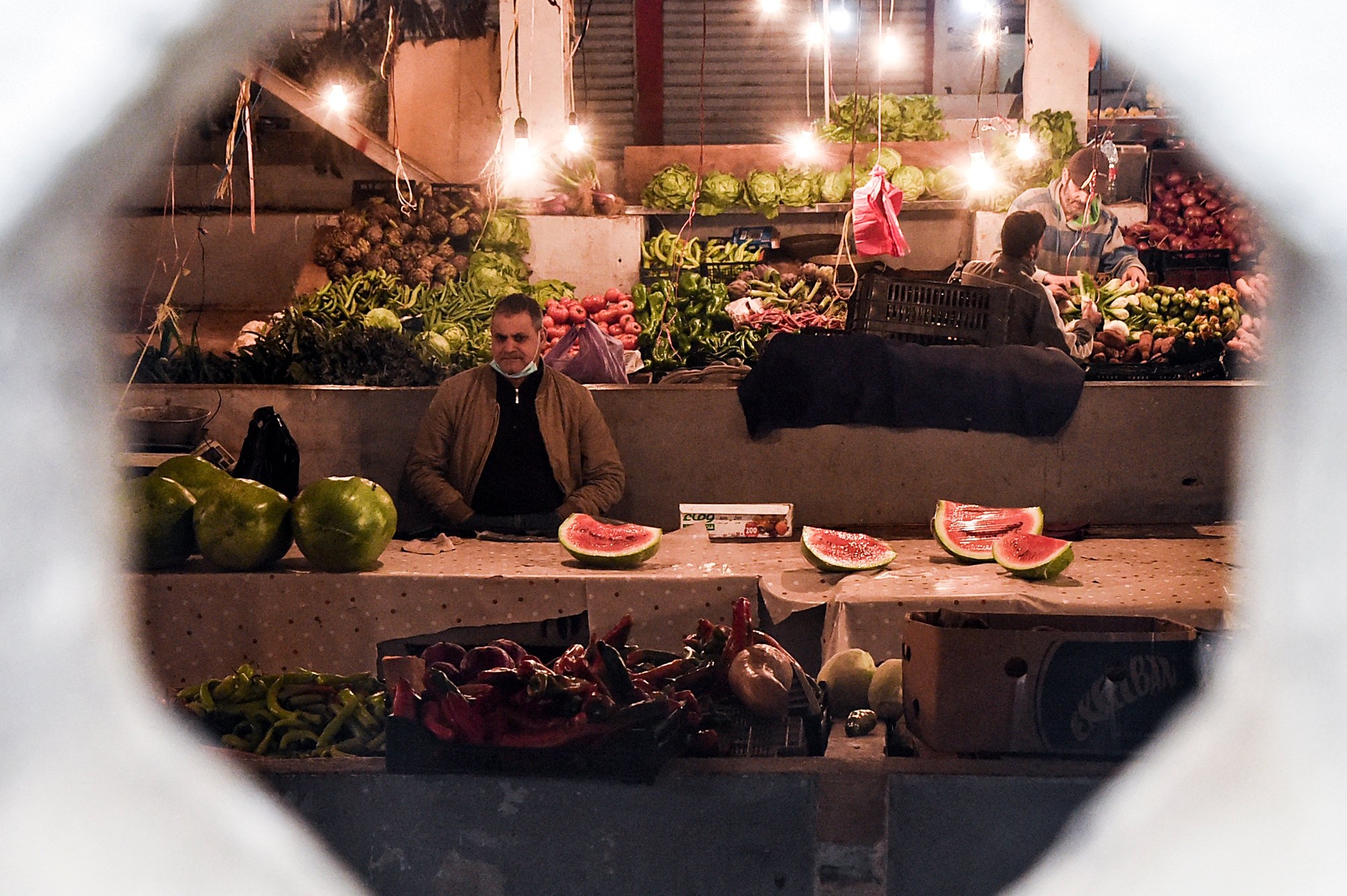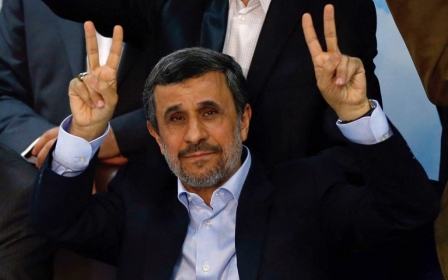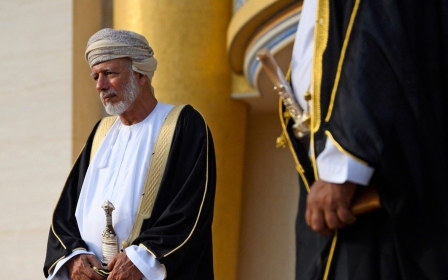Arabic press review: Egyptian prisoners protest against executions

Egyptian detainees protest against executions
Human rights sources in Egypt revealed that a number of prisoners in Cairo's Wadi El-Natrun prison have staged a strike in protest against mass executions that were carried out earlier this month, Arabi21 reported.
The prison security assaulted some of the detainees and intimidated them in an attempt to end the strike, according to the same sources.
Egyptian authorities executed 17 people who were convicted of murder for an attack on a police station in 2013.
Human rights sources explained to Arabi21 that the detainees who were executed on 26 April had received their families and relatives on a visit the day before, without being informed by the prison administration that this would be their last chance to see their loved ones before being hanged.
New MEE newsletter: Jerusalem Dispatch
Sign up to get the latest insights and analysis on Israel-Palestine, alongside Turkey Unpacked and other MEE newsletters
The Egyptian Ministry of Interior denied in a statement published by several Egyptian media outlets that prisoners at Wadi el-Natrun had been violently repressed by guards, calling such reports "completely false".
There have been conflicting reports about the precise number of executed prisoners due to the fact that Egyptian authorities have not made any official announcement.
Calls in Italy, Ireland to address Bahrain rights violations
Irish MPs called on their government to address the serious human rights violations in Bahrain's Jaw prison and lead a joint European statement in this regard, London-based Al-Quds Al-Arabi newspaper reported, amid increased calls to address the deteriorating human rights situation in Bahrain.
Five parliamentarians submitted strongly worded questions to Irish Foreign Minister Simon Coveney regarding efforts by Dublin to lead a joint statement at the United Nations Human Rights Council (UNHRC) during the upcoming 80th meeting of the standing committee.
Meanwhile, four members of the Irish Senate reportedly brought up violations committed by Bahraini authorities in Jaw prison with Coveney through direct correspondence.
In his response, Coveney said that "the human rights situation in Bahrain remains a source of grave concern" and that "Ireland is concerned about the continuing cases of violations of fundamental freedoms, including violations of freedom of opinion and expression, as well as the targeting of human rights defenders".
Similar moves are taking place in the Italian parliament. MP Emilio Carelli submitted a question regarding the issue to the Minister of Foreign Affairs, Luigi di Maio, and requested a written response on the government's position on the issue, including concerns about "a potential rise of death sentences, the increase of torture against detainees, and persecution of human rights defenders, lawyers and activists".
Algeria's working poor hit by rising living costs
Living conditions are worsening for Algerians, as some 1.5 million employees in the country receive monthly wages below 20,000 Algerian dinars ($150), a meagre amount that can no longer cover soaring living costs, according to Al-Araby al-Jadeed.
Many dream of job opportunities that would help them cope, as the Covid-19 pandemic has cost hundreds of thousands of Algerians their jobs and decreased their earnings, amid the unprecedented decline of the Algerian dinar against foreign currencies, according to the newspaper.
The Algerian government recently sought to help the struggling workers by raising their wages; however, trade unions have argued that the rise has been insufficient.
On Wednesday, Algerian President Abdelmadjid Tebboune signed a decree to raise the guaranteed minimum wage to 20,000 dinars, following pressure by several trade unions and political parties.
* Arabic press review is a digest of reports that are not independently verified as accurate by Middle East Eye
Middle East Eye delivers independent and unrivalled coverage and analysis of the Middle East, North Africa and beyond. To learn more about republishing this content and the associated fees, please fill out this form. More about MEE can be found here.




